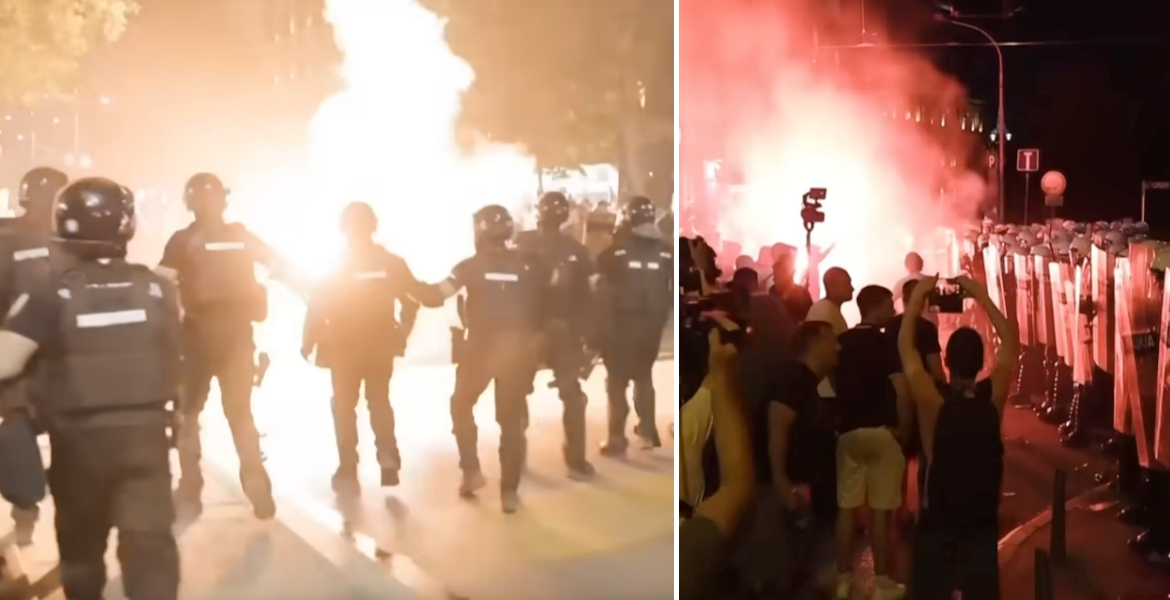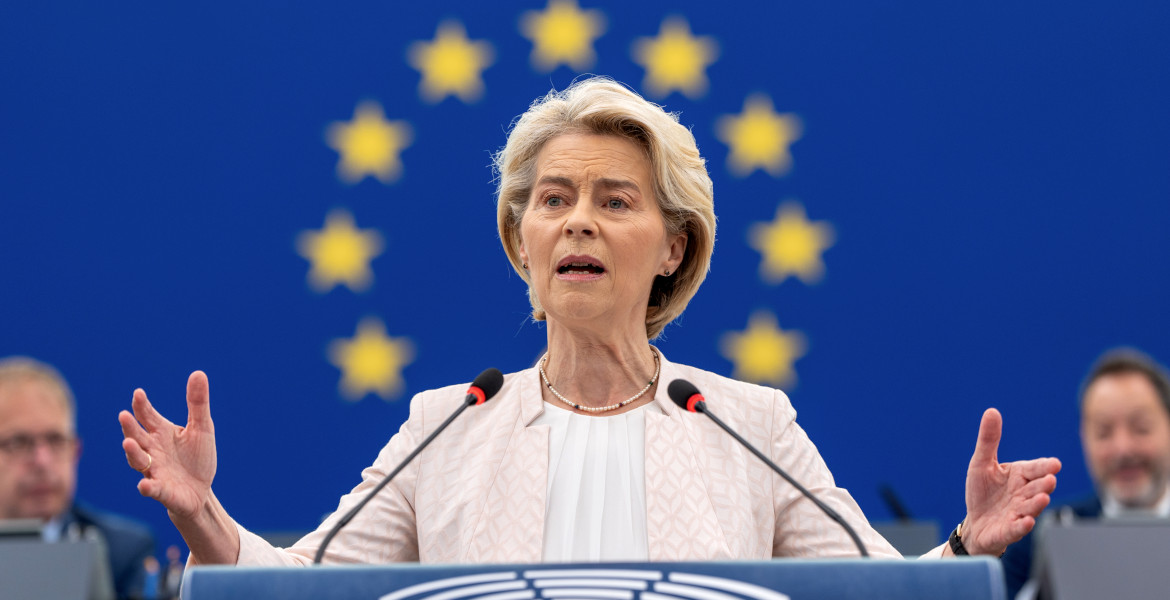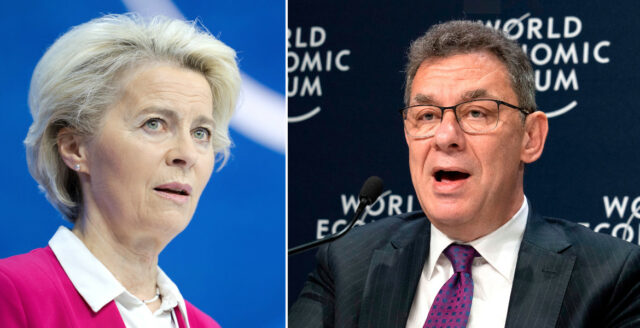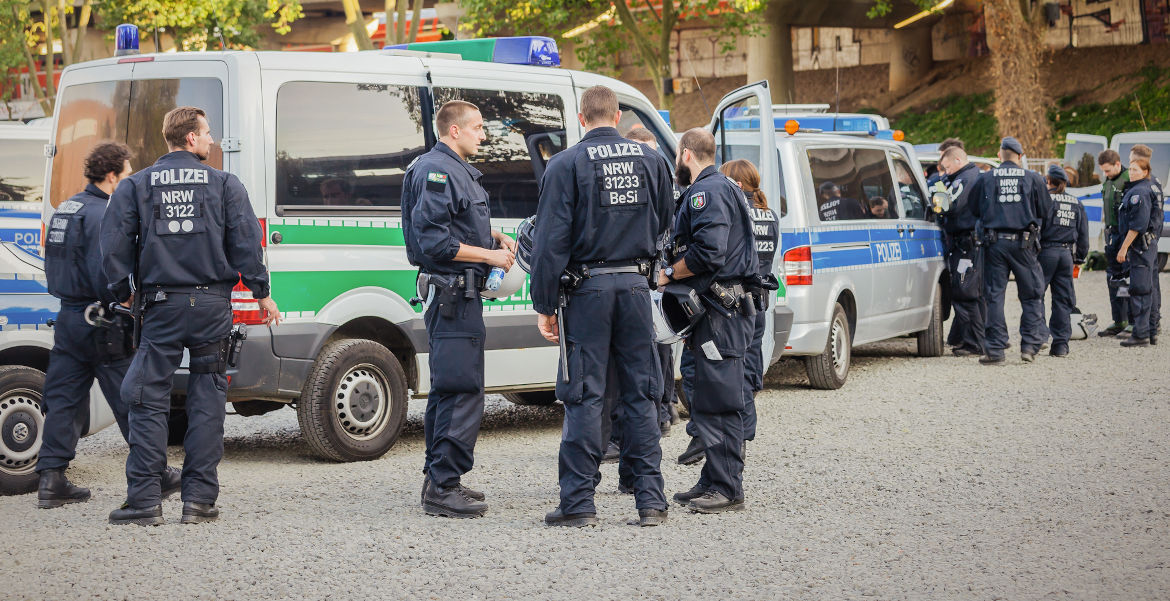The EU’s new nature law calls for the restoration of natural areas to promote biodiversity. However, the law has divided Swedes into two camps, with critics arguing that it is a costly intrusion into landowners’ property rights, and supporters saying it is high time to start restoring damaged nature.
In the spring of 2020, the European Commission proposed a new biodiversity strategy for member states that would include investments in nature conservation and restoration, with the goal of legally protecting at least 30% of the EU’s land area and 30% of its marine area. The plan was to protect 30% of the affected natural environments by 2030, 60% by 2040 and 90% by 2050. The law is also considered necessary to achieve the climate goals of the Paris Agreement.
On February 27, the new law was passed, as reported by the tax-funded Swedish state broadcaster SVT. In practice, some natural areas will be restored, but it is unclear for what purpose. The EU law works more like a directive, and it will be up to each individual country to implement it. Which areas are relevant for Sweden will therefore be decided by the Swedish authorities, which may affect landowners in different ways. The affected landowners will still be able to use the land, but there will be much stricter regulations.
“Encroachment on property rights”
The issue divides Sweden, with the Moderates, the Centre Party, the Sweden Democrats and the Christian Democrats opposing the new law. The Federation of Swedish Farmers is also critical, saying it is one of the worst “legislative proposals” it has seen from the current European Commission. Palle Borgström of the association says that restoration will cost landowners money.
– There is no money to compensate for the violation of property rights, he told SVT.
The Left Party, the Social Democrats, the Greens and the Liberals voted in favor of the law, which is seen as a victory by the Greens in the EU Parliament, who said it was a “happy day” when it was passed.
– Finally the law can be implemented and the damaged nature can be restored, said MEP Pär Holmgren.
However, should an emergency situation arise, such as war or skyrocketing food prices, the new law will be put on hold. The law will come into force as soon as EU member states give the go-ahead, which is expected in the near future.









